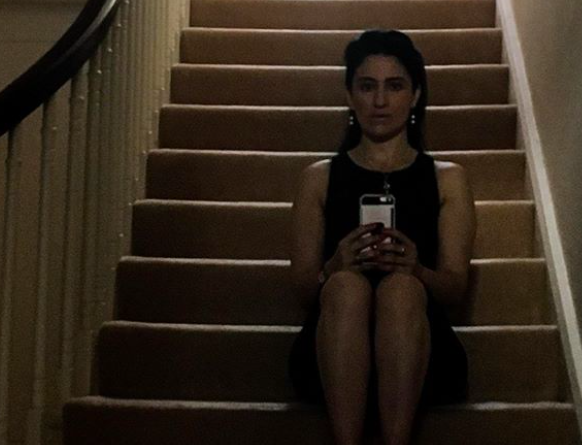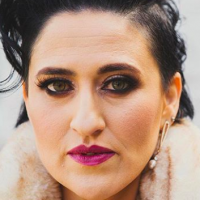As September is Suicide Prevention Month, I reflect on my personal experiences with my 19-year-old son who had been suicidal.
I now realize that what I had deemed as “teenage hormones” were actually signs of anxiety, depression, and suicidal thoughts.
Often there can be a disconnect between teens and their parents. The daily emotional battles that our teens face can be left unaddressed, unacknowledged, and festering like an abscess about to explode.
So how do you know whether it’s teen hormones or signs of a silent scream for help?
Behavioral signs include:
>> An increase in isolating, avoiding friends and family
>> Losing interest in things and activities they once loved
>> Lack of confidence
>> Losing their temper more than usual
>> Sad and even crying a lot
>> Dark posts on social media
Physical signs include:
>> Loss of appetite and a significant change in weight
>> Difficulty in sleeping
>> Headaches and/or stomachaches
>> Feeling tired or sick
Once you suspect that your teenager’s behavior is more than just hormonal changes, here’s what I recommend you do, based on my own personal experiences:
Firstly, there is (usually) always a trigger. It stems from somewhere. Trigger events may include:
>> The death of a loved one
>> Childhood abuse
>> A medical diagnosis
>> Prescription medications because of a medical diagnosis
>> Bullying at nursery/school including cyberbullying
>> A recent event that triggers a terrible memory
Secondly, do not play the blame game. Blaming yourself for your teenager’s struggle is only going to result in you spiraling. Squash those thoughts and keep the focus on how to help your teen.
Thirdly, of course there is a tug-of-war as your teens seek independence, but in this case, they need your intervention.
Which leads me to…
What to do:
1. As parents (whether together or co-parenting), agree on committing to the action plan as a unified team.
2. Arrange a time that is convenient for you all to sit down and talk.
3. Make clear from the start that your teen is not in trouble.
4. Reiterate your love.
5. Share your observations from love. Paint the picture.
6. When you’re done, be bold enough to ask, “What’s really going on?” and await a response.
7. Listen. Really listen. Avoid interjecting.
8. When your teen has finished speaking, empathize. For example, “I’m so sorry you’re feeling this way.” Or, “I’m so sorry you’ve had to go through this.” A hug may be in order here.
9. Thank your teen for opening up and being honest.
10. End with one important question. “Do you want help?” I know it may sound ridiculous but unless your teen actually wants to deal with the anguish that is being experienced, you’ll be fighting a losing battle.
The next step is to book an appointment with your family doctor and get a referral to a counsellor or psychologist. A counsellor or psychologist uses talk-therapy to help their clients. I’ve seen it work for my son as well as for myself personally.
It’s important that your teen connects well with the counsellor/psychologist. Ask the question after session one. It may take a few attempts to find the right one, but this is important.
What else can be done on the home front? Couple your teen’s therapy with reigniting relationships and activities, you will begin to see a shift. King Solomon wrote a proverb: “Where there is no vision, the people perish.” This is as true today as it was when it was originally written thousands of years ago.
This process will not happen overnight. However, navigating the journey together as a family will build your teenager’s confidence and self-esteem as the realization dawns that there is a solution. Your teen is well able to face this giant and take it down!
I believe these tools will enable you to grab this bull by the horns, stare it square in the face until it lets your teen go.
With that, I’ll leave you with a song that I wrote at the height of my own anxiety and depression. I hope it touches your heart.
~
~











Read 5 comments and reply